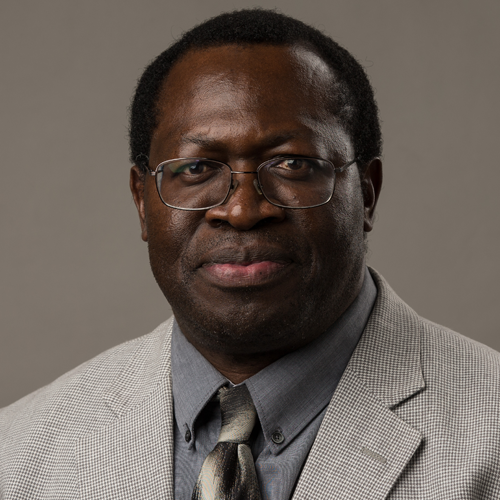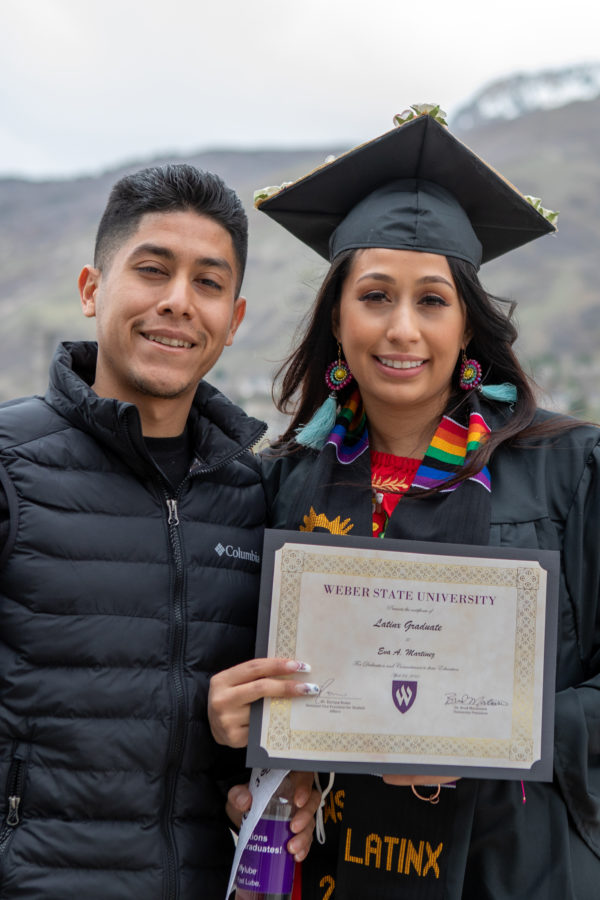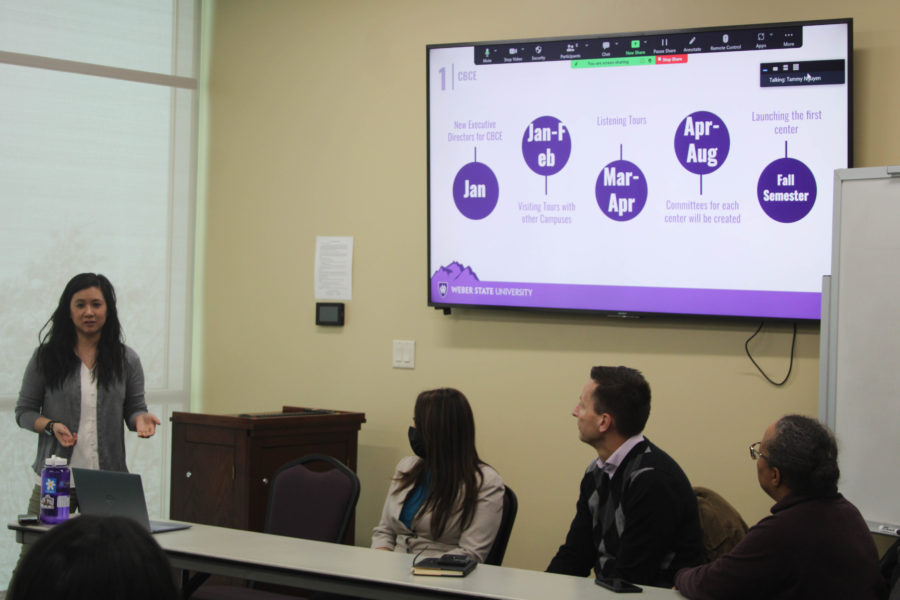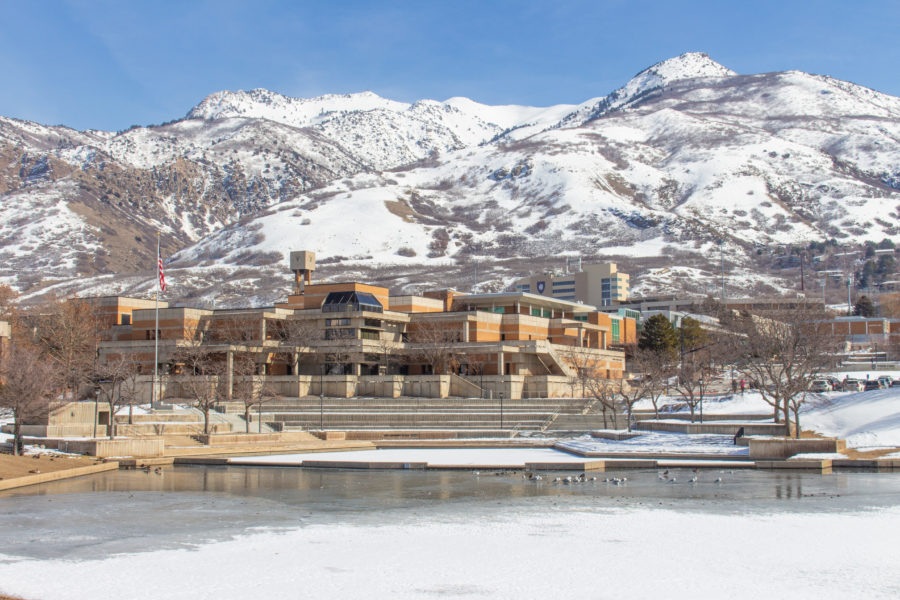
Retired Inspector General Kadegowda Arkesh of the India Central Reserve Police force knows what it’s like to take another person’s life.
In a lecture to students Monday at the Wildcat Theater, Arkesh recounted an extended firefight his squad engaged in against a lone terrorist, a religious fighter known as a Fedayeen.
Arkesh lost two officers in the fight, which lasted almost all night.
“At four (in the morning), I succeeded in killing this man,” Arkesh said. “When (killing) becomes inevitable, you may have to do it, but you should have strong reasons to do so. There I had one.”
This was one of many experiences Arkesh shared from his four-decade career in India’s Central Reserve Police, an organization similar to the FBI. Before his retirement in 2013, he dealt with terrorism almost daily.
“Terrorism is the weapon of the weak which can be used to oppose the strong,” Arkesh said. “The world has grappled with this problem, and no part of the globe can today claim they are free from the impact of terrorism.”
In dealing with terrorism since the day in 1947 when it gained independence, India has developed versatile ways to handle this threat, according to Arkesh.
Arkesh, in his 37-year career in the police, has seen terrorism and its effects firsthand. He described three main groups or areas in India that employ terrorists.
The first are Islamic and Sikh fundamentalists in northwestern India, based in the provinces Kashmir and Punjab bordering Pakistan.
“The religion of a terrorist is terror,” Arkesh quickly noted, “but terrorists often use religion as an alias.”
While only 13 percent of the Indian population is Muslim, the country still houses the third largest Muslim population on the globe. Local Sikhs make up less than 2 percent of the population, but are centered in that region as well.
Though few Muslims and Sikhs are terrorists and many support the Indian government, some people in these minorities see it as their duty to oppose the government on the basis of their religion.
“(These terrorists) have attacked the Parliament, the places of worship and have resorted to bombings in many Indian cities,” Arkesh said.
The second group consists of northeastern tribal groups, which resorted to terrorism when they felt they were not represented in the government and were abandoned in poverty.
“The feeling of neglect, isolation and the sense of being ruled by an outsider, which is alien to a tribal people made many of these tribes unite and try to secede from India,” Arkesh said.
In their struggle, they turned to terrorism.
In recent years violence in this region has declined in light of development projects, greater representation in government and rising employment. These tools, more than anything else, help prevent violence and the spread of terrorism, according to Arkesh.
The third group consists of left-wing extremists in central India. Once India gained independence, corruption in government caused stagnation in the region, and eventually the locals revolted and turned to violence in the name of Marxist and Leninist Communism.
Soon enough, violence escalated between these groups and the government and land owners. In 1967 this violence spread across central India.
Arkesh experienced this rift between government and the people in this region firsthand at the beginning of his career. He recounted when he rode the bus one day and a local resident found out he was a police officer.
“He refused to sit with me and stood,” he said. Arkesh remembered asking himself, “Why is this happening? Am I doing a wrong thing?”
Today, Arkesh feels more assured.
“I am a very ordinary person, and sometimes even ordinary people can do good work,” Arkesh said. “I have realized that in my life.”








